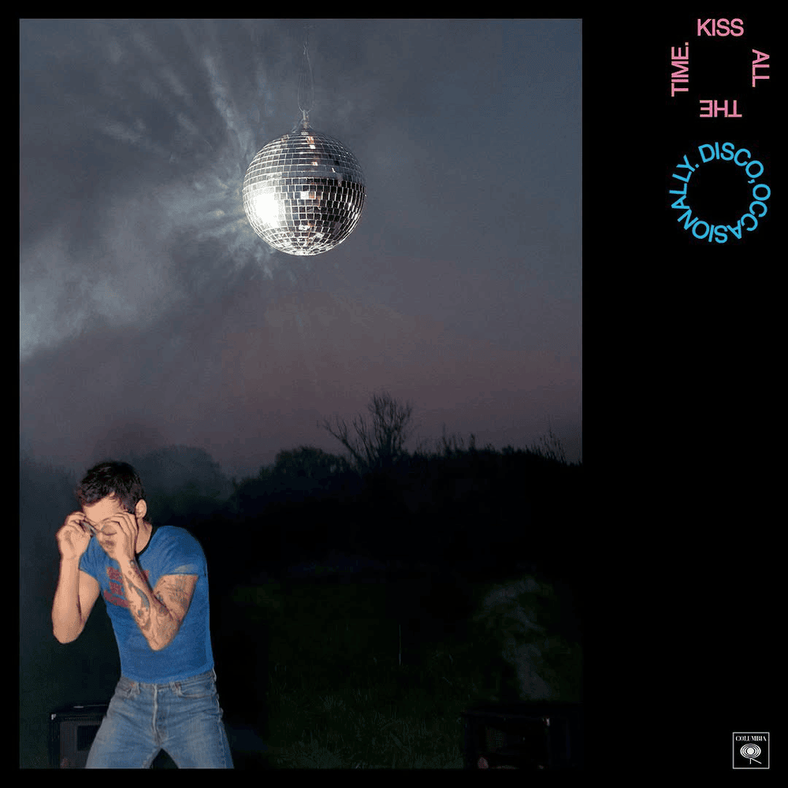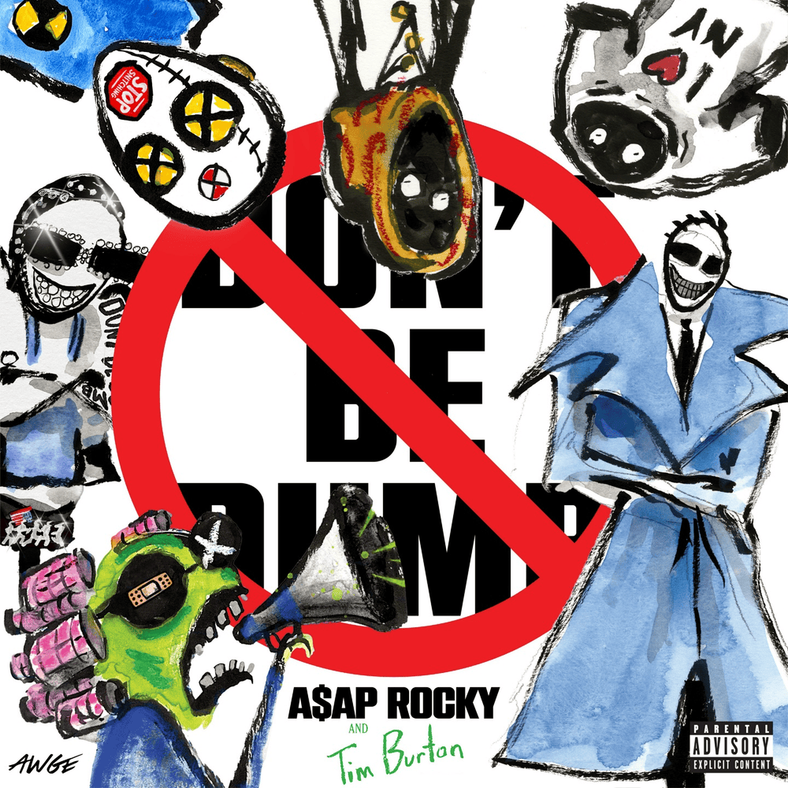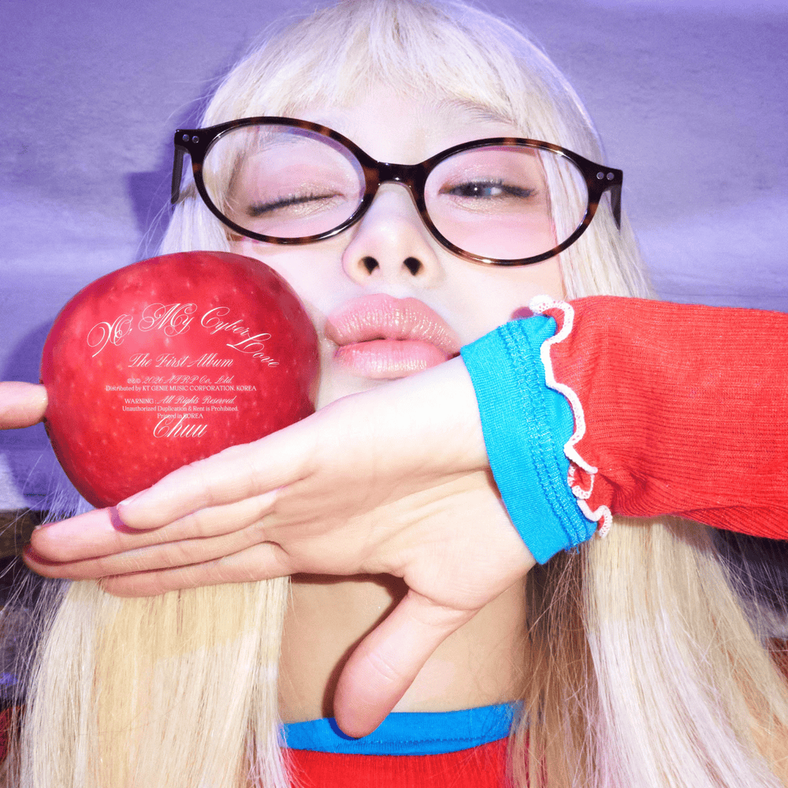“I’m gonna bang this b— the f— out,” Killer Mike declares at the beginning of “Run the Jewels 2,” a blaring declaration that this album will be one of the nastiest, most unrelenting hip-hop projects of the 2010s.
It’s confrontational, opening with a distorted bass and sharp beats that build into an eerily cinematic atmosphere. The tension slowly burns throughout the song, “Jeopardy” before exploding in a caustic beat drop. It’s an abrasive beginning that sets the tone for something confident and unpredictable.
“Run the Jewels 2” is the sophomore studio album from hip-hop duo Run The Jewels, composed of rapper Killer Mike and rapper and producer El-P. Released in 2014, the album is an unconventionally realized hip-hop album overflowing with uncut aggression and bold lyricism.
Both artists have respectable solo careers, releasing numerous critically-acclaimed projects, but Run The Jewels surpasses any of their solo work. Their joint projects highlight their collaborative synergy as storytellers and rappers.
The duo unites flawlessly, with El-P’s grating, unyielding flow looming over Killer Mike’s polished verses. The combination of New York and Atlanta influence is distinct in their dissimilarities yet still able to maintain a form of cohesion.
Get The Daily Illini in your inbox!
They aren’t necessarily trying to be role models or the voice of a generation, instead they are spitting verses seeping with lived experience and rich realization as they have lived and seen it all.
Heavy bass rumbles under erratic vocal sampling on “Oh My Darling Don’t Cry,” as El-P delivers the trivial verse “F— the law, they can eat my d—, that’s word to Pimp.”
The concept of confronting America’s power system courses throughout the album, whether in the forefront of songs like “Oh My Darling Don’t Cry” or in the underlying sentiment that the pair is self-governing and unrestrained, doing and saying what they want, when they want.
The overall mood of “Run the Jewels 2” is undeniably villainous, with slinking beats withering their way around jagged synths and menacing percussion.
The lyrics are dismal and often demented, an aspect of cynically twisting themself between each verse. Old-school storytelling blends with an experimental production, limitless in its ability to tell a narrative that deeply resonates with listeners.
“All My Life” starts with a dulcet harmonized murmur before transitioning into a commanding beat, coupled with Mike’s booming verses. It’s a criminally fresh demonstration of top-tier production quality and uninhibited lyricism.
The song highlights there are no boundaries between the two, no lyrical or stylistic tension. The pair’s flexibility to spit ridiculously obscene bars and then transition to something solemnly self-reflective is remarkably striking.
On “Early,” they rap about America’s racial power structure over gritty, industrial beats and a devastatingly dark, curated atmosphere.
Eerily similar to police brutality cases like Michael Brown and Eric Garner, Killer Mike raps about being stopped and frisked by the police, each verse displaying a deeper layer of disillusionment.
“Please don’t lock me up in front of my kid/ And in front of my wife/ Man, I ain’t got a gun or a knife,” Killer Mike pleads over sharp drums.
El-P reflects on white people’s role in the cycle of violence, acting as an observer as he walks through New York. He doesn’t have to worry about being stopped by the color of his skin, but he feels weak in his helplessness.
“They’ll watch you walk to the store they’re recording/ But didn’t record cop when he shot, no warning,” El-P raps, his verse recognizing the empowerment of the people, or lack thereof.
It’s lyrically sharp and undeniably devastating, the duo showcasing their ability to tell a story as heartbreaking as it is real.
Although there is a yearning for an elevated sense of self-importance, verses of sexual vulgarity and street crime weave their way throughout the tracks, noting their ability to span from introspection to naivety.
“Love Again (Akinyele Back)” consists of a barrage of sexually charged verses over punchy beats and harsh layered instrumentation. The repetitive chorus charges the song — “I put that d— in her mouth all day” — as the duo raps with unabashed bravado.
Enhanced by Akinyele Back, who adds another layer of sexuality, the song acts as an explicit love letter to promiscuous women and the deeds they perform.
The album’s shadowy production quality and charged lyricism continues to resonate heavily with contemporary audiences a decade after its release, laying the groundwork for experimental hip-hop artists like JPEGMAFIA and Denzel Curry who have evoked similar sounds and styles.
“Run the Jewels 2” is brazenly one of the most self-actualized, audacious hip-hop albums of the 2010s, filled with unrelenting flows and a dark production style that challenges the conventions of modern music.






